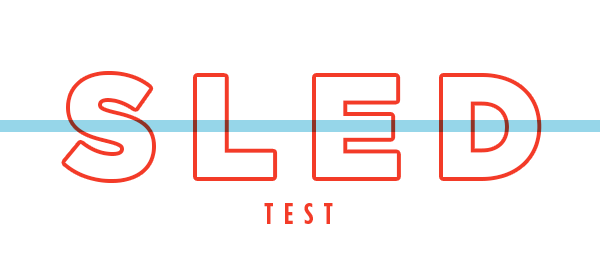For decades, the argument over abortion has been mired in manipulative rhetoric, political posturing and general confusion. But while the politics and emotions surrounding abortion are exceedingly complicated, the moral issues at stake are shockingly simple.
There are certainly biblical arguments that can be made for the pro-life stance. We can point to the reality that we are created in the image of God (Gen. 1:27) and to the passage where David speaks of being knit together in his mother’s womb (Ps. 139:16). We can look to the prophet Jeremiah claiming that before he was born God knew him (Jer. 1:5).
When Roe v. Wade and Doe v. Bolton made it illegal to restrict abortion at any stage of pregnancy, ultrasound technology was just emerging as a diagnostic tool in obstetrics. Today, high resolution ultrasound and fiber-optic cameras have rendered the myth of the “mass of tissue” unsustainable, even just a few days after conception.
In the era of modern medicine, the question is not whether unborn babies are human or alive, but rather whether they are persons with the right not to be killed. Human civilizations have spent centuries debating when it is morally permissible to take a human life. The Code of Hammurabi (Babylon, 1754 BC) prescribed the death penalty for stealing even small items. The Analects of Confucius (China, 5th Century BC) generally opposed the death penalty, while making possible exceptions for grievous sins. Other societies throughout history have favored the sacrifice of human innocents when they believed such actions would appease their gods.
The West too has grappled for ages with the implications of the Judeo-Christian idea that all human beings bear God’s image and thus carry equal value and have equal right to life and liberty. Slavery, serfdom and various forms of segregation have all been debated and ultimately rejected as incompatible with the notion of equal protection under the law. So what justifies the killing of an unborn human being?
Many years ago Stephen Schwarz, in his book The Moral Question of Abortion, used the acronym SLED (Size, Level of Development, Environment, and Degree of Dependency) to explain the actual differences between unborn and post-birth humans.
In the coming weeks, we will examine each of these differences to show simply and clearly how the unborn deserve protection.

Good job providing evidence